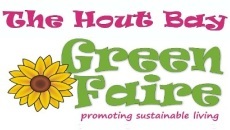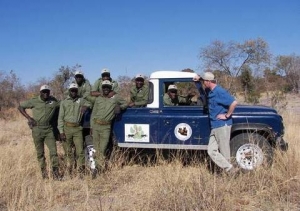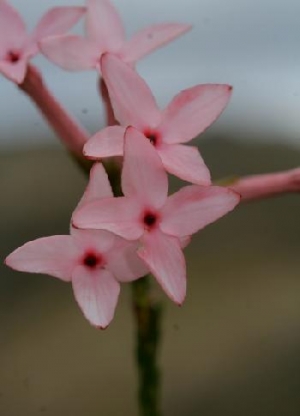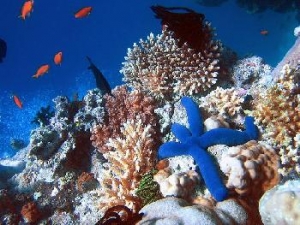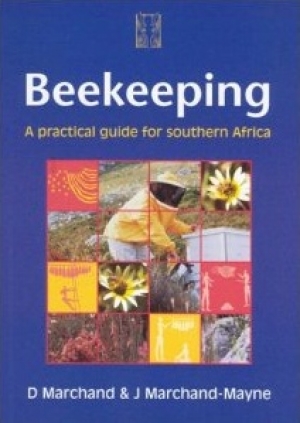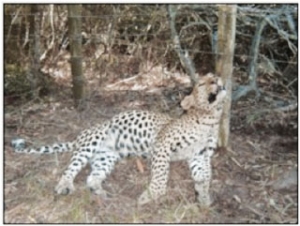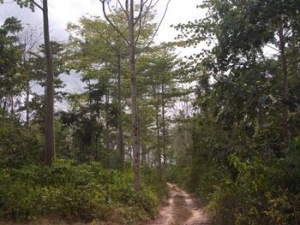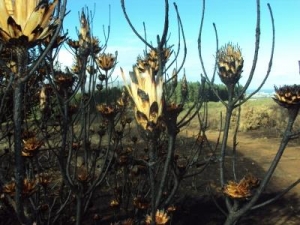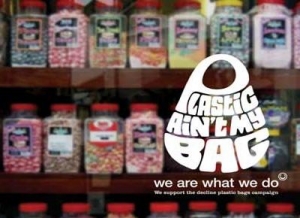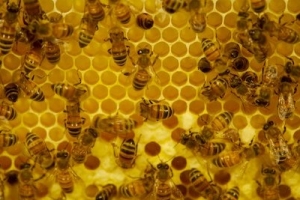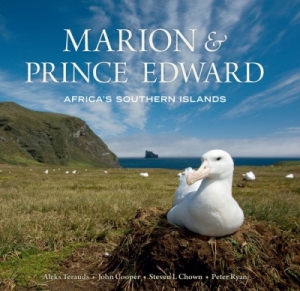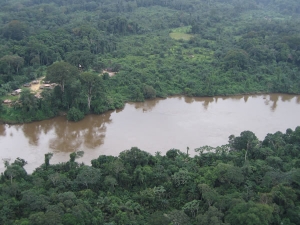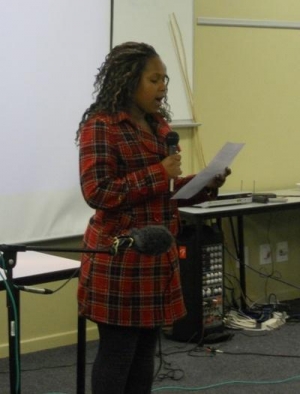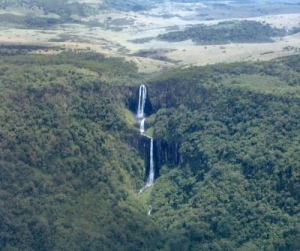This year€™s Indaba Travel Trade Show held in Durban from the 8th to the 11th May proved that anyone can raise the much-needed funds for the Victoria Falls Anti Poaching Unit. SATIB Risk Solutions chose VFAPU as the conservation effort and their fundraising efforts yielded a very healthy ZAR34 600 injection into the conservation organisation.
World leaders have failed to make good on their commitments to reduce the global rate of biodiversity loss by 2010, instead there is an alarming decline in biodiversity worldwide. So says a new paper published in the journal Science.
In one of the continent€™s largest collaborative conservation projects to date, South Africa has become the first of the world€™s mega-diverse countries to fully assess the status of its entire flora €“ a staggering 20 456 species.
Corals are vanishing at an alarming rate, and scientists warn that coral reefs are poised to become the first mass ecosystem extinction. Coral loss also spells trouble for the wide array of marine animals and coastal communities that depend on coral reefs.
We in Southern Africa have had our honeybees since time immemorial. Among the !Kung clans, an old and well-managed hive was cared for as a family treasure and passed down to the next generation, and theft of honey was considered a capital crime.
This large territorial male leopard, of 41kg, was killed on the outskirts of Port Elizabeth recently. It was caught around the neck in a cable snare and died of suffocation.
Event greening is the process of incorporating social, environmental, responsible decision making into the organizing, implementation and participation of an event. It needs to make financial sense.
African governance was praised at UN headquarters in New York when the winners of the 2011 Future Policy Award were announced: Rwanda€™s National Forest Policy was proclaimed the winner of the 2011 Future Policy Award and The Gambia€™s Community Forest Policy took home a Silver Award.
The prize is awarded annually by the World Future Council, a foundation that brings the interests of future generations to the centre of policy making. The jury which decided on the winning policies was composed of experts on sustainability and forests from all five continents.
Runners-up were forest policies from Bhutan, Nepal and Switzerland. The US Lacey Act's 2008 amendment, which bans the import of illegally harvested wood, received the second Silver Award.
Last week we celebrated Good Friday and Earth Day wrapped into one. Perhaps we could combine it as Good Earth Day in the future. Naturally my Christian roots honoured the day when we remember and revere the crucifixion of Jesus Christ and his descent into the darkness of death in the ultimate sacrifice. Was it not also at that moment that the sun dimmed and the earth was shrouded in a cloak of darkness?
On 30 March 2011 a first meeting to attempt to ban plastic bags from South Africa was held at the Two Oceans€™ Aquarium in Cape Town. 'The plastic bag we want banned is the checkout bag at supermarkets. Cashiers just hand them to you and ask: would you like a bag?€ says Haly McLellan, senior bird trainer at the Aquarium and initiator of the Ban the bag campaign. 'My ideal is that legislation in government will help to shape human behaviour. This is not a €˜smear the bag campaign€™, this is thinking compassionately about the environment.€
Conservationist Tony Fitzjohn's story of the 18 years he spent working with wildlife icon George Adamson and his struggle to rescue and rehabilitate Mkomazi, a 1 500 square mile wasteland in Tanzania, comes at a time when South Africa's conservationists are facing one of their biggest challenges, namely, the poaching of hundreds of rhino. For the many who are depressed at the prospect of never beating human greed and cruelty, this book is a wonderful example of how tackling the odds one step at a time can deliver incredible results.
'Honey has been waiting for almost ten million years for a good biography. Essential to the food, drink, religion, economics, medicine and arts of every civilization since the Egyptians, honey €“ and the bees that make it €“ have been a vital part of the human record for millennia.€
More than 233 000 children across the Western Cape who receive their main meal of the day at school will no longer be eating mostly soya content 5 days a week, but from May are enjoying lots of fresh fruit and veggies.
Although soya mince will still be on the menu twice a week, the new menu will also include pilchards in tomato sauce and Breyani lentils.
'We are excited about being able to offer the children a more nutritionally balanced meal,€ said Andy du Plessis, Director of the Peninsula School Feeding Association (PSFA). 'And we really hope that our donors will continue to support us through the increase in costs which are inevitable with the new menu.€
The first coffee-table book €“ one that is a pleasure both to read and to look at €“ on the history, beauty and conservation of South Africa's southernmost territories, Marion Island and Prince Edward Island, has been compiled by experienced researchers who have spent decades studying sub-Antarctic islands.
There is 'hidden' economic value in protecting forests €“ people and animals that depend on the forests. When they are protected, sustainable economies develop, and climate change is stopped.
On 16 Sept 2010, CAP, in collaboration with partners Endangered Wildlife Trust and Conservation International South Africa (CI-SA), the South African National Biodiversity Institute, the Conservation Communications Forum and the British Consulate General, hosted a screening of 'The Age of Stupid€ at the Kirstenbosch Research Centre. The British Consulate General approached CAP to screen the film as part of their campaign to encourage people to reduce their emissions by 10% in 2010.
Aberdare fence: improving livelihoods & biodiversity
The now completed 400 km electrified fence enclosing the Aberdare Conservation Area (ACA) has improved the livelihoods of millions of people in central Kenya, according to an independent study launched today at the United Nations Environment Programme (UNEP) headquarters in Nairobi.





